Key Takeaways
-
Identification Matters: Most spider bites are mild, but venomous bites (e.g., black widow, brown recluse) require immediate attention.
-
Common Symptoms: Typical reactions include redness, swelling, itching, and slight discomfort.
-
Venomous Bite Signs: Watch for severe signs like muscle cramps, blisters, spreading redness, nausea, or breathing issues.
-
Immediate Treatment: Clean the bite area, apply ice, and take pain relievers to ease discomfort.
-
Eco-friendly Remedies: Natural soothers include aloe vera, baking soda, apple cider vinegar, honey, and essential oils.
-
Seek Medical Help: See a doctor if symptoms worsen, spread, or show signs of a serious reaction.
-
Prevention is Key: Seal cracks, clean regularly, and remove webs to keep spiders at bay.
-
Professional Pest Control: Persistent infestations should be handled by licensed pest control services.
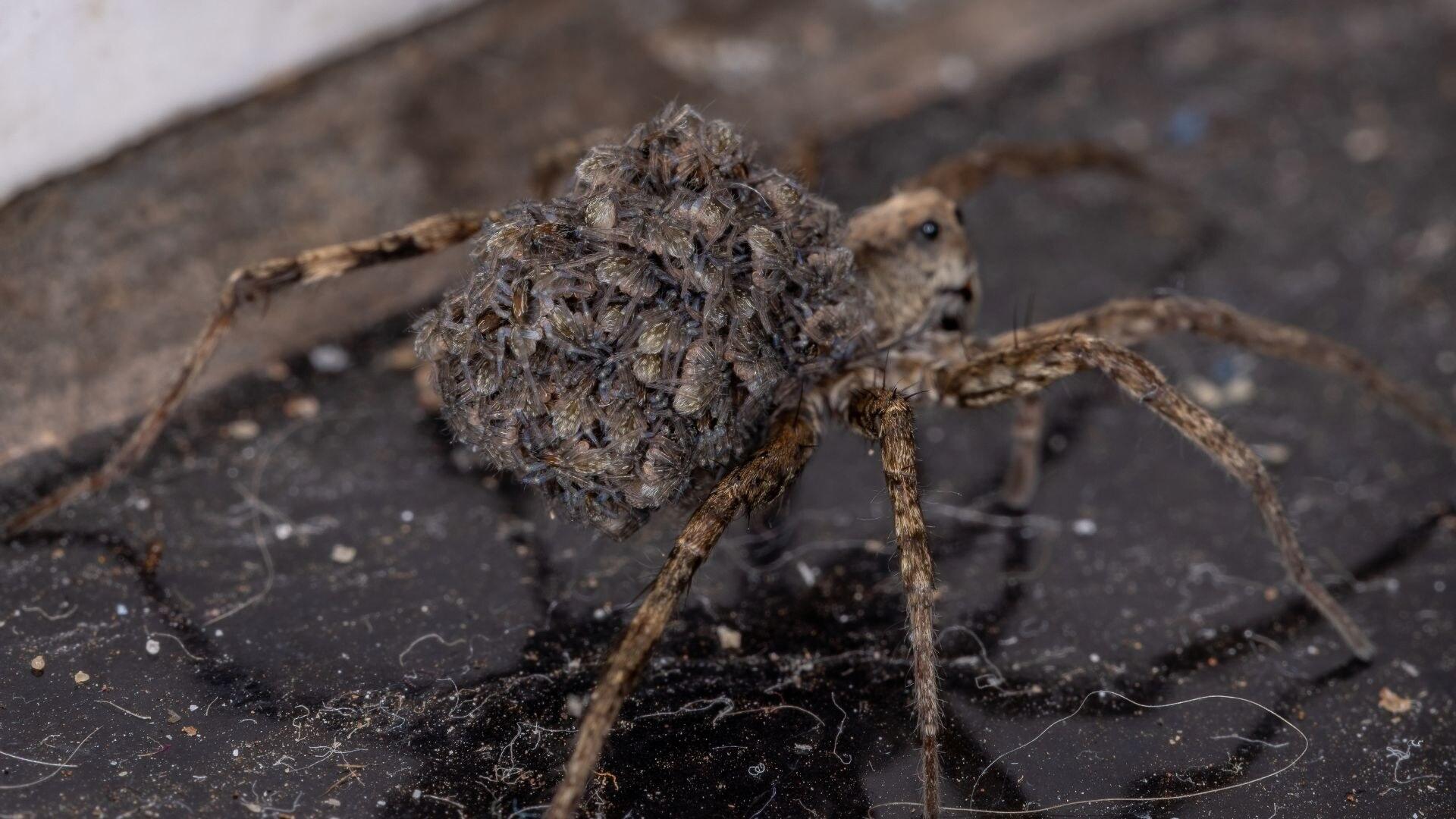 Spider bites are a common concern, but fortunately, only a small fraction of spider species possess venom potent enough to harm humans. While most bites result in mild symptoms, certain spiders—such as the brown recluse and black widow—can trigger severe reactions requiring immediate medical attention. Knowing how to identify a spider bite, properly treat it, and recognize when professional care is necessary can protect you from potentially serious complications.
In this guide, we’ll cover the essentials of spider-bite identification, effective treatment methods, critical warning signs, and practical tips for preventing spider encounters in your home.
If you suspect frequent spider activity or want to proactively protect your home, our professional spider control services offer reliable, long-term solutions. Reach out today for a free pest control estimate tailored to your specific needs.
Spider bites are a common concern, but fortunately, only a small fraction of spider species possess venom potent enough to harm humans. While most bites result in mild symptoms, certain spiders—such as the brown recluse and black widow—can trigger severe reactions requiring immediate medical attention. Knowing how to identify a spider bite, properly treat it, and recognize when professional care is necessary can protect you from potentially serious complications.
In this guide, we’ll cover the essentials of spider-bite identification, effective treatment methods, critical warning signs, and practical tips for preventing spider encounters in your home.
If you suspect frequent spider activity or want to proactively protect your home, our professional spider control services offer reliable, long-term solutions. Reach out today for a free pest control estimate tailored to your specific needs.
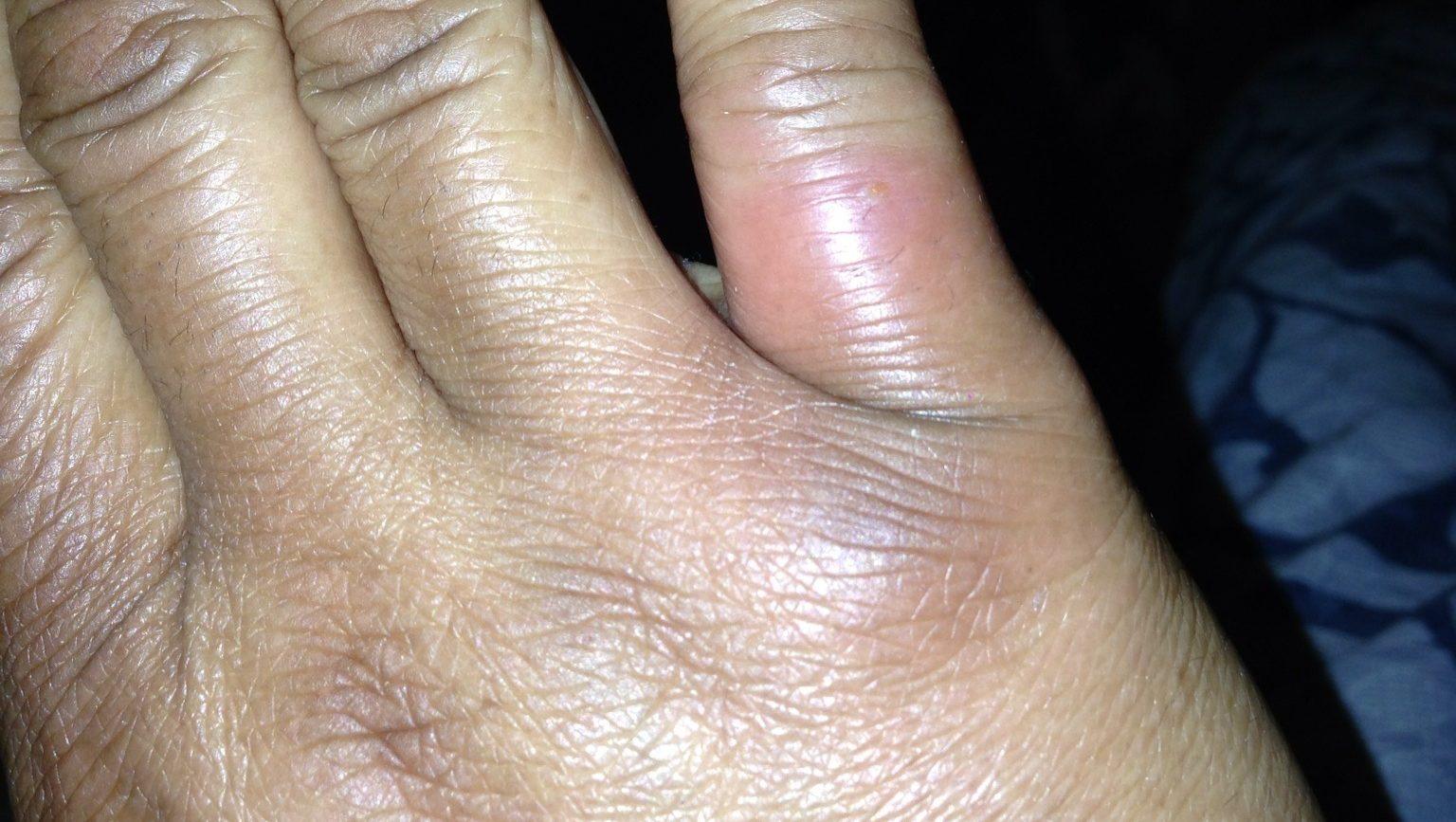

Not getting a solution?
Get your free pest control estimate today!What Does A Spider Bite Look Like?
Spider bites can differ in appearance depending on the type of spider and the body’s reaction to the venom. While most bites cause mild discomfort, some may trigger more noticeable symptoms. Identifying a spider bite early can help you determine the appropriate treatment.Common Symptoms of Spider Bites
-
Redness and Swelling: Most spider bites cause mild redness and swelling around the bite site.
-
Itching or Irritation: Similar to mosquito bites, spider bites may cause itchiness or irritation on the skin.
-
Puncture Wound: Some spider bites leave a small, visible puncture mark, while others may only appear as a raised bump or welt.
What are the Signs of a Venomous Spider Bite?
Venomous spider bites can cause more severe symptoms than typical bites. Awareness of the signs of these bites can help you quickly seek medical attention.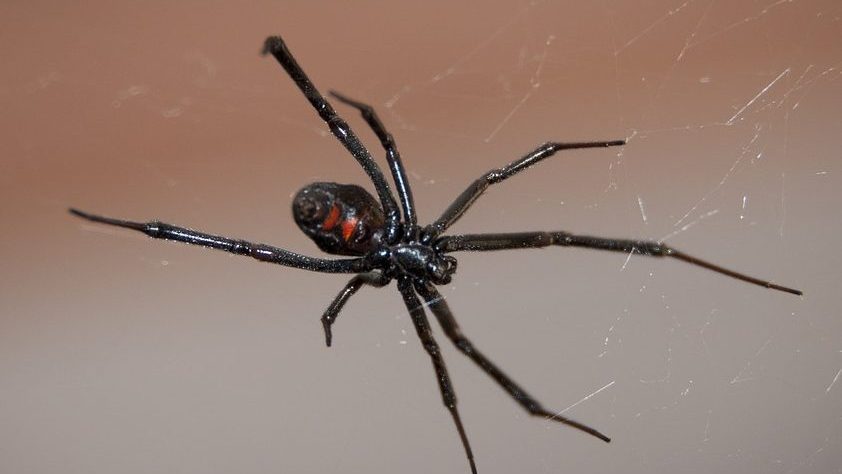
Symptoms of Black Widow Spider Bite
-
Severe Muscle Cramps: The initial bite may be painless but can lead to severe muscle cramps, intense pain, and nausea.
-
Red and Swollen Bite Site: The bite site might become red, swollen, and tender.
-
Systemic Symptoms: Symptoms like chills, sweating, and dizziness may also occur.
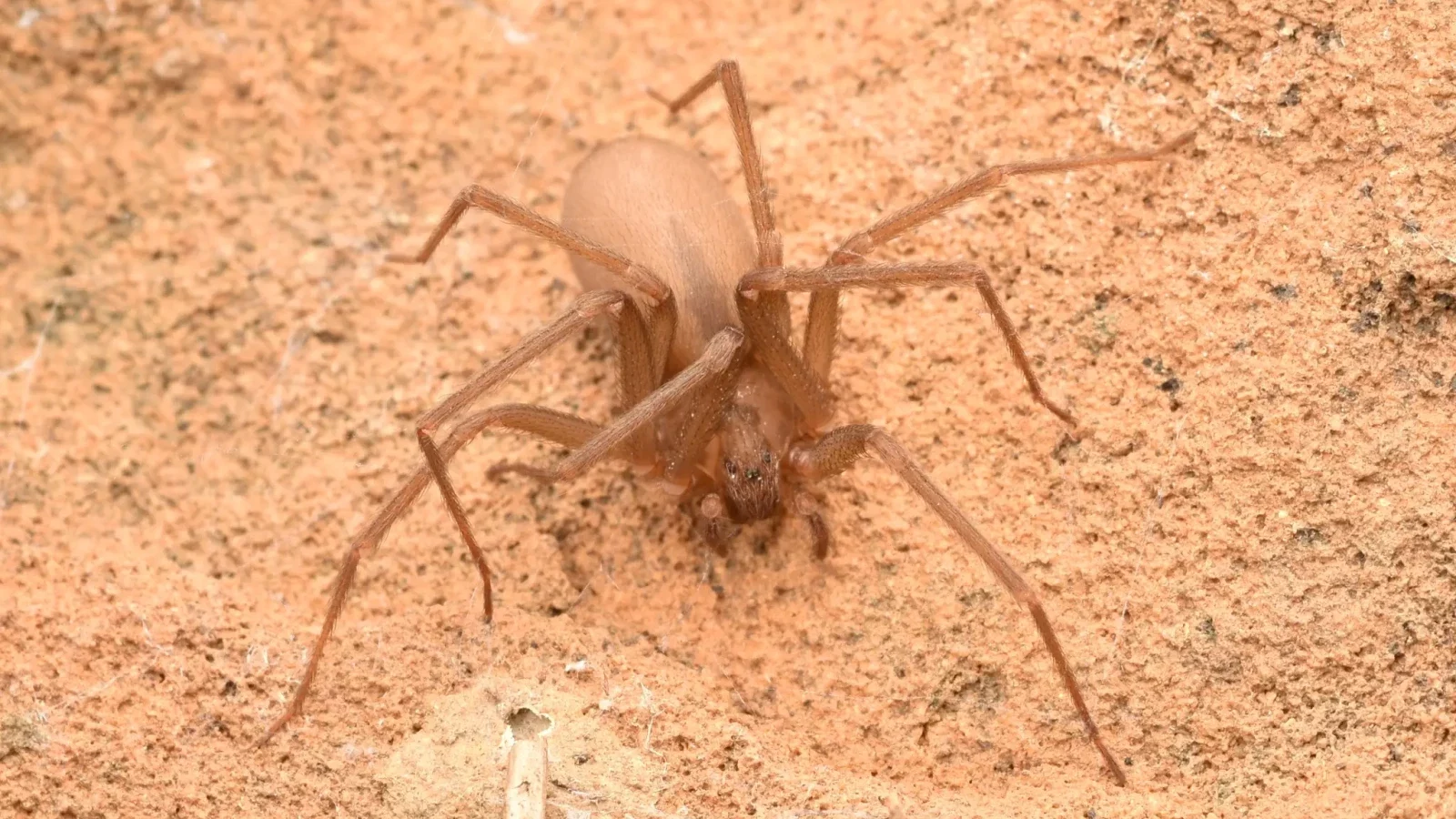
Symptoms of Brown Recluse Spider Bite
-
Blister to Open Sore: The bite site may start as a small blister but can progress into an open sore or ulcer.
-
Discolored Skin: Surrounding skin may turn blue or purple due to necrosis (tissue death).
-
Systemic Symptoms: Additional symptoms may include fever, chills, and body aches.

How to Treat a Spider Bite?
For most spider bites, basic first aid is all that’s needed to manage symptoms. Here’s a step-by-step guide on how to treat a spider bite at home:Steps to Treat a Spider Bite
-
Step 1: Clean the Bite Area: Wash the bite with soap and water. This assists in lowering the risk of infection and removes any surface irritants.
-
Step 2: Apply Ice: Use an ice pack. Apply to the bite for 10-15 minutes to reduce swelling and numb the area.
-
Step 3: Take Pain Relievers: Use over-the-counter medications like ibuprofen or acetaminophen. This helps reduce pain, swelling, and discomfort.
-
Step 4: Observe for Changes: Check the bite site regularly for signs of infection, such as pus, warmth, or increased redness. Consult medical experts if the bite worsens or if you notice any unusual symptoms.
Eco-Friendly Remedies for Spider Bites
For those seeking natural, eco-friendly remedies for spider bites, nature offers a variety of effective solutions. Instead of relying on chemical-based treatments, you can turn to plant-based and household remedies that are safe for you and the planet. These natural methods not only soothe irritation and swelling but also promote sustainable, toxin-free healing.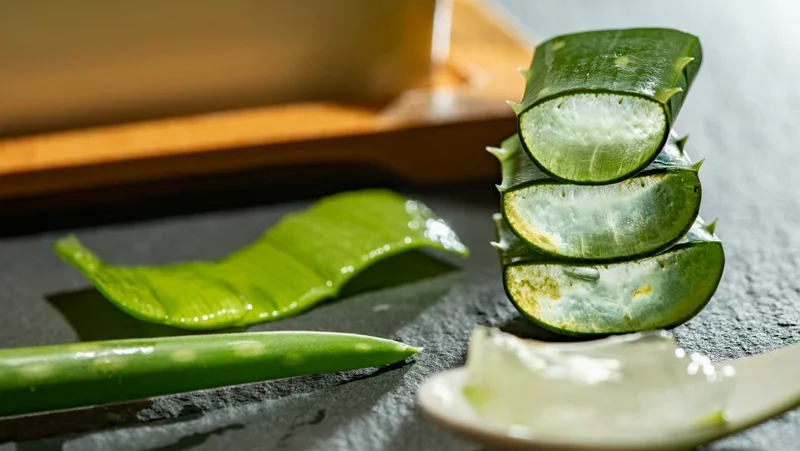
Aloe Vera
Fresh aloe vera gel provides a cooling effect, reduces inflammation, and speeds up skin repair. It's a renewable, plant-based solution that's gentle on the environment.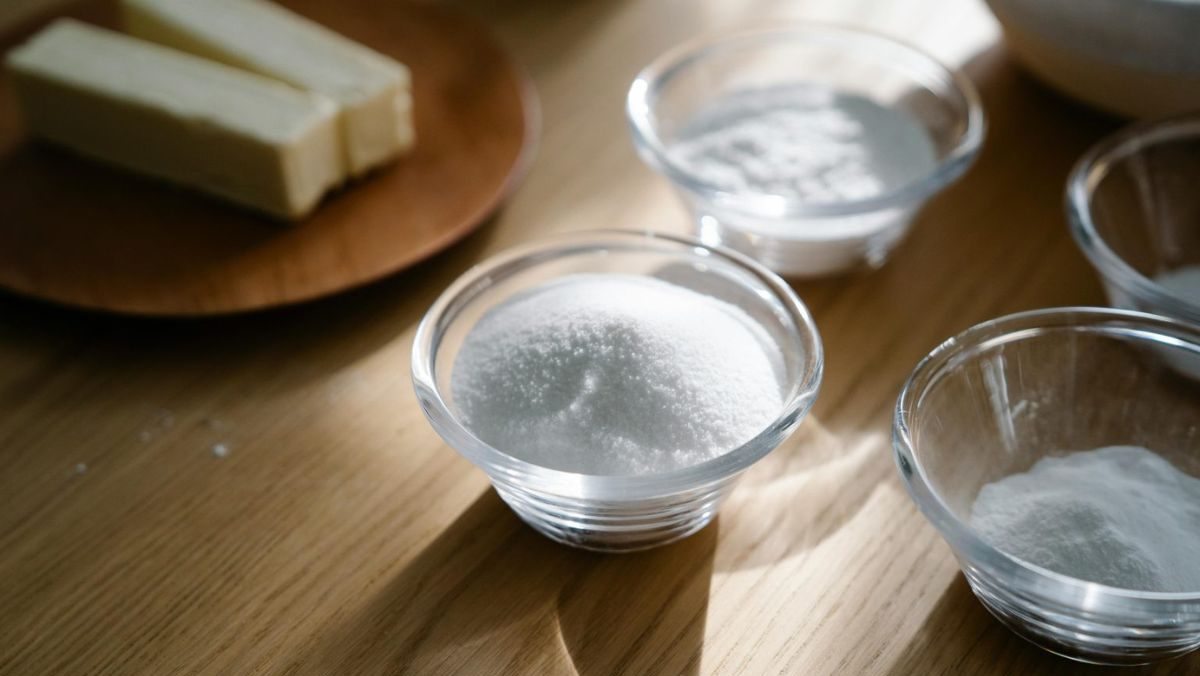
Baking Soda Paste
A combination of baking soda and water creates an eco-friendly paste that neutralizes toxins, relieves itching, and reduces swelling without any chemical additives.
Ice Pack
A simple ice pack wrapped in cloth offers a zero-waste, chemical-free way to reduce pain, swelling, and numb the area naturally.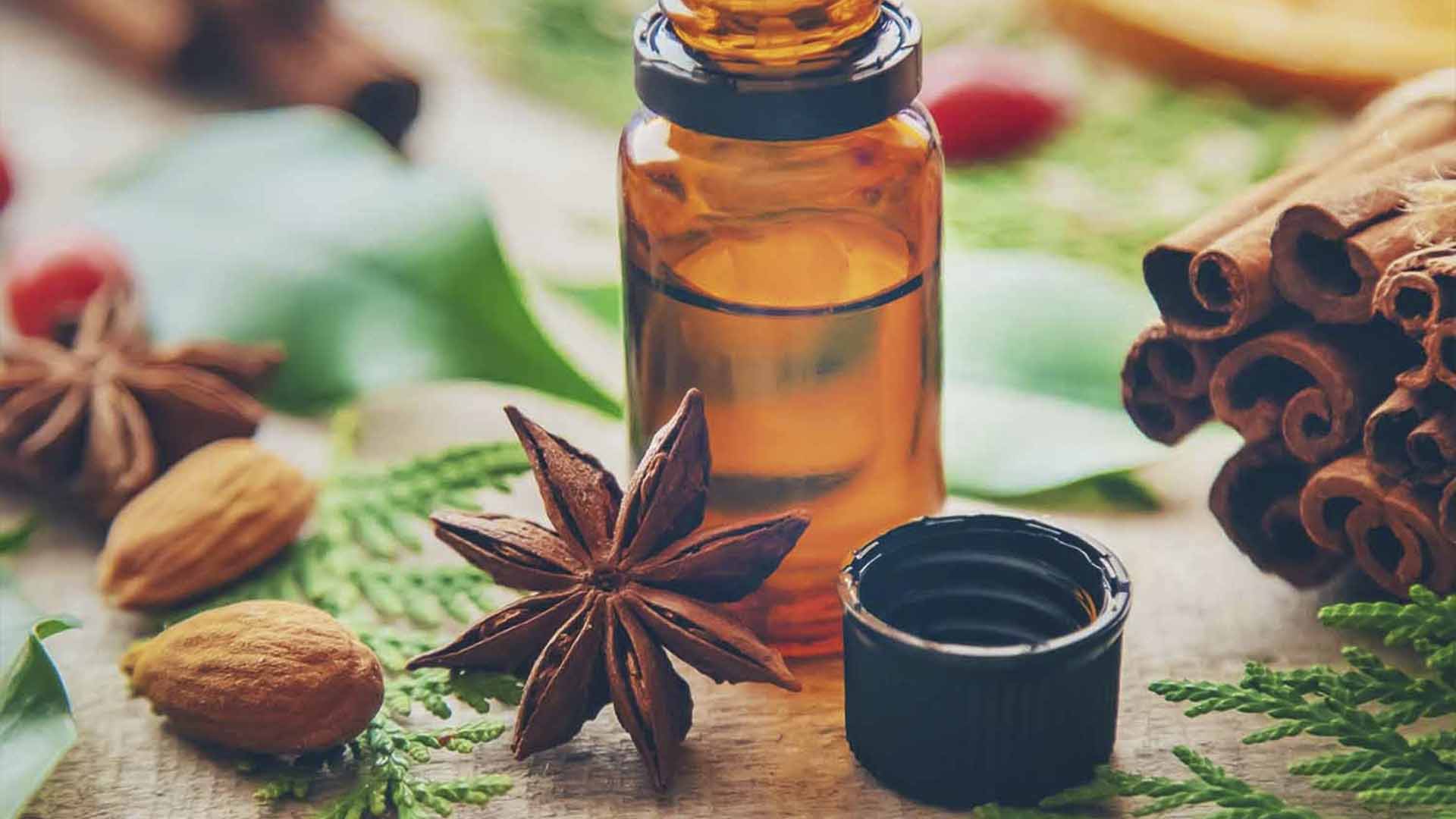
Essential Oils
Antiseptic properties of tea tree oil can prevent infection while aligning with eco-conscious lifestyles.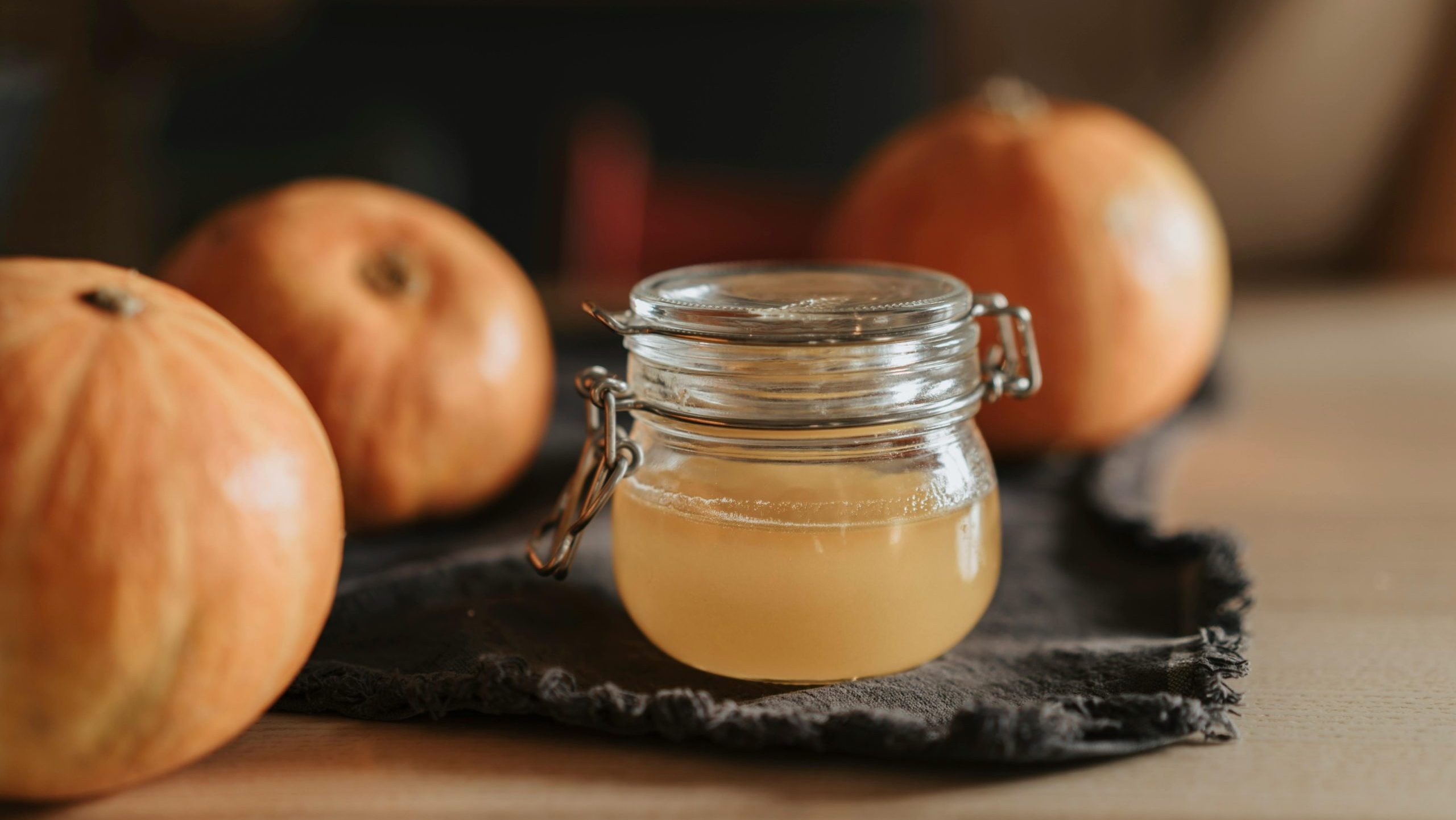
Apple Cider Vinegar
It helps reduce itching and swelling, offering a biodegradable alternative to chemical treatments.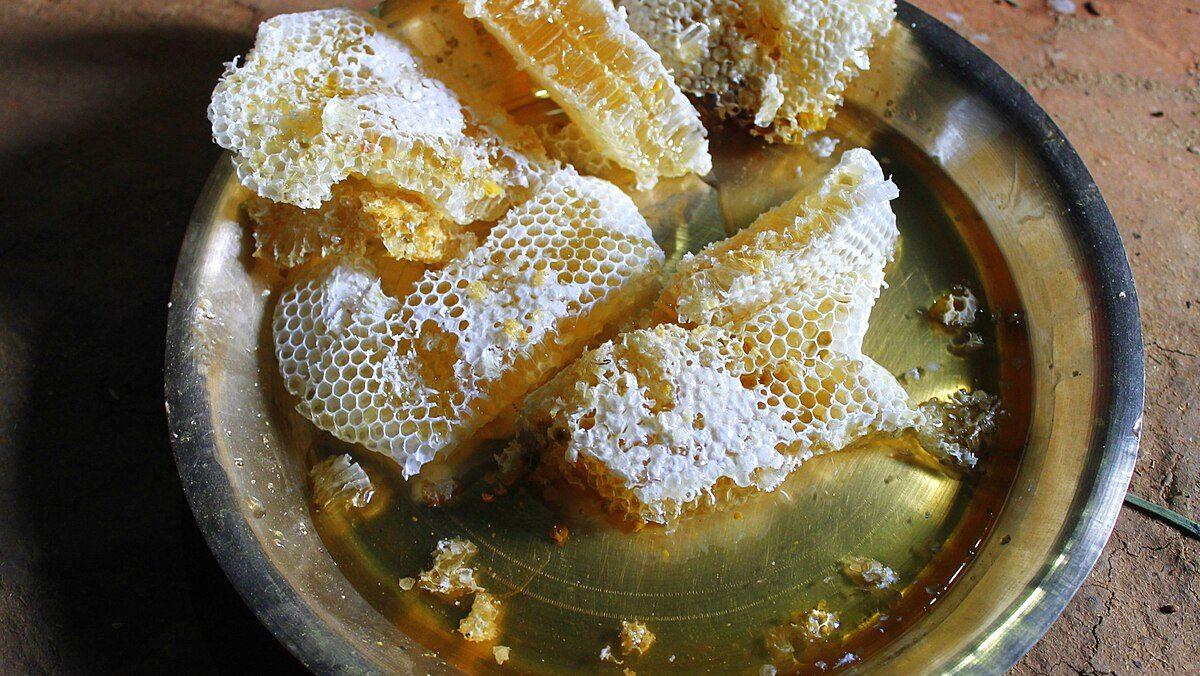
Honey
Raw, organic honey has antibacterial properties that support natural wound healing. It’s a renewable, nature-sourced solution for soothing spider bites.When should you seek medical attention for a spider bite?
While most spider bites are harmless, seek medical attention if pain spreads or worsens, fever or chills develop, or redness and swelling increase. Blisters that turn into open sores or breathing difficulties may indicate a severe reaction requiring emergency care. The bite will be examined, cleaned, and treated with antibiotic ointment if needed at the doctor’s office. Pain relievers may be prescribed, and for venomous bites like those from black widows or brown recluses, antivenom or specialised treatment may be provided.
How to Prevent Spider Bites?
Preventing spider bites requires proactive steps to reduce their presence in your home and outdoor spaces. You can lower the risk of encountering spiders by keeping your surroundings clean. Here’s how you can do it:Tips to Prevent Spiders
-
Seal gaps and cracks to block spider entry points around doors, windows, and walls.
-
Clean attics, basements, and closets regularly to eliminate spider hiding spots.
-
Put on gloves and long sleeves when working outdoors or handling stored items.
-
Declutter storage spaces like attics, garages, and basements to limit spider habitats.
-
Remove spider webs from ceilings, corners, and other areas to discourage spiders from settling.
Myths and Facts About Spider Bites
Spider bites are often misunderstood, leading to unnecessary fear and misinformation. Here are some of the most common myths about spider bites, along with the facts that set the record straight:| Myth | Fact |
|---|---|
| All spider bites are dangerous. | Most spider bites are painless and cause only minor symptoms. |
| A spider bite will always show immediate severe symptoms. | Many spider bites cause mild symptoms that may take time to develop. |
| You can identify the spider by the appearance of the bite. | Identifying the spider from the bite alone is difficult, as symptoms and bite appearance vary. |
| Home remedies are always sufficient for severe spider bites. | Severe bites require professional medical treatment; home remedies are only suitable for mild symptoms. |
| Spiders only bite humans when they are aggressive. | Spiders typically bite in self-defence, not out of aggression. |





